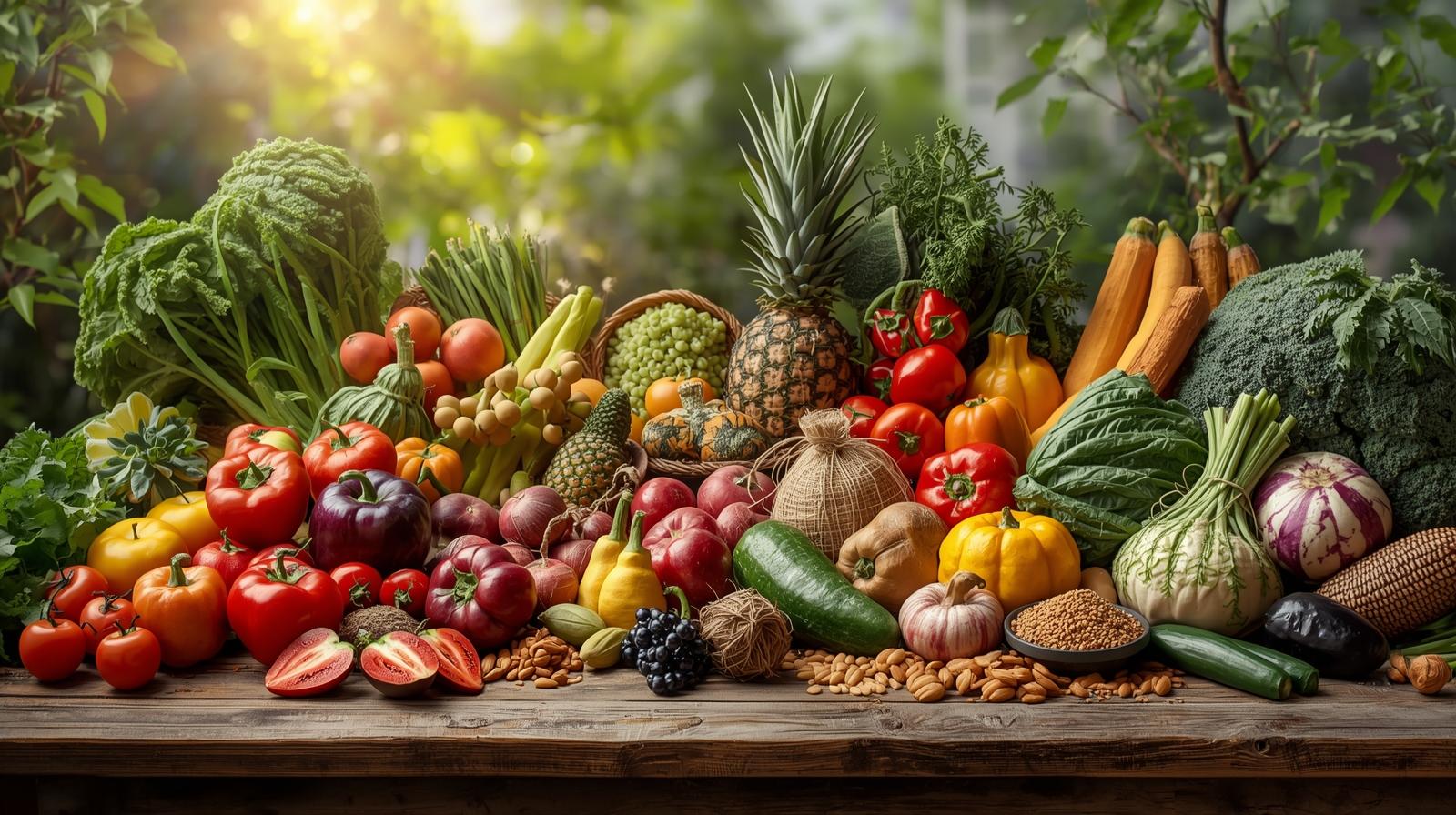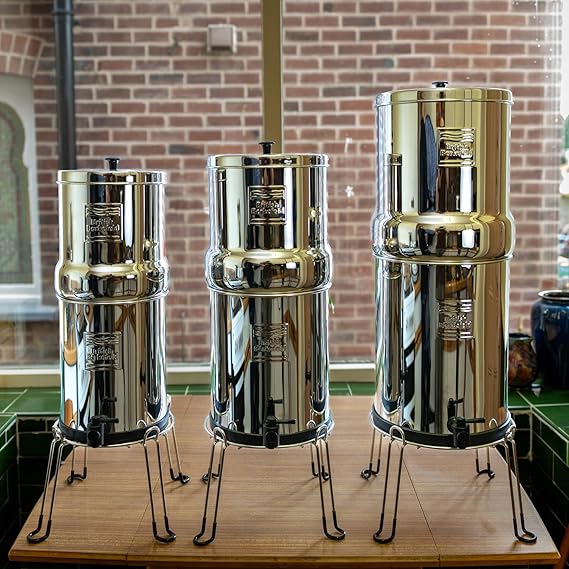Poisoned Bodies
The Silent Poisoning: How Modern Life Is Making Our Bodies More Toxic—and How to Heal Naturally
In the modern world, the human body is under constant assault from invisible enemies. The air that fills the lungs, the water that quenches thirst, and the food that nourishes the body are all increasingly contaminated with toxins and pollutants. These poisons accumulate silently, disrupting hormones, damaging organs, and weakening immunity. Over time, they contribute to chronic fatigue, allergies, autoimmune diseases, infertility, and even cancer. Yet, despite this grim reality, there is hope. Through natural and homeopathic approaches, it is possible to support the body’s detoxification systems, restore balance, and reclaim health.
This article explores how toxins infiltrate daily life, the effects they have on the body, and the natural and homeopathic methods that can help cleanse and protect against them.
The Growing Toxic Burden
1. Air Pollution: Breathing in Contamination
Every breath taken in urban or industrial areas carries microscopic particles that the body must filter. Air pollution is now one of the leading environmental health risks worldwide. The main culprits include:
- Particulate matter (PM2.5 and PM10): Tiny particles from vehicle exhaust, industrial emissions, and wildfires that penetrate deep into the lungs and bloodstream.
- Volatile organic compounds (VOCs): Emitted from paints, cleaning products, and plastics, these chemicals can irritate the respiratory system and disrupt hormones.
- Heavy metals: Lead, mercury, and cadmium from industrial processes and fossil fuel combustion accumulate in tissues and organs.
- Pesticides and herbicides: Sprayed on crops, these chemicals drift through the air and settle on soil, water, and food.
Long-term exposure to polluted air increases the risk of asthma, cardiovascular disease, neurological disorders, and even cognitive decline. The lungs, liver, and kidneys work tirelessly to filter these toxins, but over time, the burden becomes overwhelming.
2. Water Contamination: The Hidden Dangers in Every Sip
Water, the essence of life, is no longer as pure as it once was. Industrial waste, agricultural runoff, and chemical residues have infiltrated rivers, lakes, and groundwater. Common contaminants include:
- Chlorine and chloramine: Used to disinfect municipal water but can form harmful byproducts like trihalomethanes.
- Fluoride: Added to water supplies in many regions, yet linked by some studies to thyroid dysfunction and neurological effects.
- Heavy metals: Lead from old pipes, arsenic from natural deposits, and mercury from industrial pollution.
- Pharmaceutical residues: Traces of antibiotics, hormones, and antidepressants that pass through wastewater treatment systems.
- Microplastics: Tiny plastic particles now found in bottled and tap water worldwide.

These contaminants disrupt the endocrine system, damage the liver and kidneys, and interfere with cellular function. Even small daily exposures accumulate over time, leading to chronic toxicity.
3. Food: A Cocktail of Chemicals
Modern agriculture and food processing have introduced thousands of synthetic chemicals into the food supply. From pesticides sprayed on crops to preservatives added to packaged foods, the average person consumes a steady stream of toxins daily.
- Pesticides and herbicides: Glyphosate, the active ingredient in many weed killers, has been linked to gut microbiome disruption and potential carcinogenic effects.
- Artificial additives: Food dyes, flavor enhancers, and preservatives can trigger allergies, hyperactivity, and hormonal imbalances.
- Heavy metals in seafood: Mercury and cadmium accumulate in fish and shellfish, posing risks to the nervous system.
- Hormones and antibiotics in meat: Livestock raised with growth hormones and antibiotics pass residues into the food chain.
- Processed foods: High in refined sugars, trans fats, and chemical stabilizers that burden the liver and promote inflammation.
Even seemingly healthy foods can be contaminated. Non-organic fruits and vegetables often carry pesticide residues, while grains may contain mold toxins (mycotoxins) from improper storage.
How Toxins Affect the Body
The human body is equipped with remarkable detoxification systems—primarily the liver, kidneys, lungs, skin, and lymphatic system. However, the sheer volume of modern toxins overwhelms these natural defenses.
1. Cellular Damage and Oxidative Stress
Toxins generate free radicals—unstable molecules that damage DNA, proteins, and cell membranes. This oxidative stress accelerates aging, weakens immunity, and contributes to chronic diseases such as cancer and heart disease.
2. Hormonal Disruption
Many environmental chemicals act as endocrine disruptors, mimicking or blocking natural hormones. Substances like BPA (found in plastics) and phthalates (in cosmetics) interfere with estrogen, testosterone, and thyroid hormones, leading to reproductive issues, weight gain, and mood disorders.
3. Immune System Overload
Constant exposure to toxins keeps the immune system in a state of low-grade inflammation. Over time, this can lead to autoimmune conditions, allergies, and chronic fatigue.
4. Neurological Effects
Heavy metals such as mercury and lead accumulate in the brain, impairing cognitive function and contributing to conditions like ADHD, depression, and neurodegenerative diseases.
5. Gut Microbiome Imbalance
Pesticides, antibiotics, and processed foods disrupt the delicate balance of gut bacteria. Since the gut is central to immunity and detoxification, this imbalance can lead to digestive issues, nutrient deficiencies, and systemic inflammation.
Natural Ways to Detoxify and Protect the Body
While it’s impossible to avoid all toxins, it is possible to strengthen the body’s natural defenses and support detoxification through lifestyle, nutrition, and natural remedies.
1. Clean Air and Environment
- Indoor air purification: Use HEPA filters, houseplants like peace lilies and spider plants, and avoid synthetic air fresheners.
- Ventilation: Open windows regularly to circulate fresh air.
- Avoid smoking and secondhand smoke: Tobacco smoke contains thousands of toxic chemicals.
- Natural cleaning products: Replace chemical cleaners with vinegar, baking soda, and essential oils.
2. Pure Water
- Filtration: Invest in a high-quality water filter that removes chlorine, fluoride, heavy metals, and microplastics.
- Glass or stainless steel bottles: Avoid plastic containers that leach chemicals.
- Hydration: Drink plenty of clean water to support kidney function and flush out toxins.
3. Clean, Whole Foods
- Organic produce: Choose organic fruits and vegetables to reduce pesticide exposure.
- Grass-fed and free-range meats: Avoid hormones and antibiotics.
- Avoid processed foods: Eliminate artificial additives, refined sugars, and trans fats.
- Cruciferous vegetables: Broccoli, kale, and cabbage support liver detoxification.
- Fiber-rich foods: Whole grains, seeds, and legumes help bind and eliminate toxins through the digestive tract.
- Fermented foods: Yogurt, kefir, sauerkraut, and kimchi restore gut microbiome balance.
4. Supportive Herbs and Natural Remedies
- Milk thistle: Protects and regenerates liver cells.
- Dandelion root: Stimulates bile flow and supports liver detox.
- Turmeric: Reduces inflammation and enhances liver function.
- Chlorella and spirulina: Bind heavy metals and promote cellular detoxification.
- Garlic: Boosts immune function and aids in heavy metal removal.
- Green tea: Rich in antioxidants that combat oxidative stress.

5. Lifestyle Practices for Detoxification
- Sweating: Regular exercise and sauna sessions help eliminate toxins through the skin.
- Dry brushing: Stimulates lymphatic flow and exfoliates the skin.
- Adequate sleep: The body performs major detoxification during deep sleep.
- Stress reduction: Chronic stress impairs detox pathways; meditation, yoga, and deep breathing restore balance.
- Intermittent fasting: Allows the body to focus on repair and detoxification rather than digestion.
Homeopathic Approaches to Detoxification
Homeopathy offers gentle yet powerful remedies that stimulate the body’s innate healing mechanisms. Unlike conventional detox methods that may cause harsh side effects, homeopathic remedies work on an energetic level to restore balance.
1. Liver and Kidney Support
- Nux vomica: Ideal for those exposed to stimulants, alcohol, or processed foods; supports liver detox and digestion.
- Chelidonium majus: Addresses liver congestion, jaundice, and sluggish bile flow.
- Berberis vulgaris: Supports kidney and gallbladder function, especially when there is pain or inflammation.
- Lycopodium: Useful for bloating, gas, and sluggish liver function.
2. Heavy Metal Detox
- Mercurius solubilis: Helps the body eliminate mercury and other heavy metals.
- Plumbum metallicum: Addresses symptoms of lead toxicity, such as fatigue and neurological issues.
- Silicea: Encourages the expulsion of toxins and foreign materials from the body.
3. Environmental and Chemical Sensitivity
- Carbo vegetabilis: For those who feel weak or poisoned after exposure to fumes or chemicals.
- Arsenicum album: Useful for food poisoning, chemical exposure, and anxiety related to toxicity.
- Sulphur: A classic detoxifier that stimulates the skin and liver to eliminate waste.
4. Lymphatic and Immune Support
- Calcarea carbonica: Strengthens immunity and supports detoxification in sluggish individuals.
- Thuja occidentalis: Commonly used for vaccine detox and to clear the effects of chemical exposure.
- Echinacea: Enhances immune response and helps clear infections and toxins.
Homeopathic detoxification should be guided by a qualified practitioner, as remedies are selected based on individual symptoms and constitution.
The Role of the Mind-Body Connection
Detoxification is not only physical but also emotional and energetic. Chronic stress, unresolved emotions, and negative thought patterns can create biochemical imbalances that hinder the body’s ability to heal. Practices such as meditation, breathwork, and energy healing help release emotional toxins and restore harmony.
- Meditation: Reduces cortisol levels and enhances cellular repair.
- Breathwork: Increases oxygenation and supports the release of carbon dioxide and other waste gases.
- Grounding: Walking barefoot on natural surfaces helps discharge electromagnetic buildup and restore balance.
- Gratitude and mindfulness: Promote positive energy flow and resilience.
Building a Low-Toxin Lifestyle
Creating a toxin-free life is a gradual process. Small, consistent changes lead to lasting results. Key steps include:
- Audit the home environment: Replace chemical cleaners, synthetic fragrances, and plastic containers with natural alternatives.
- Choose clean personal care products: Opt for natural shampoos, soaps, and cosmetics free from parabens, sulfates, and phthalates.
- Filter indoor air and water: Invest in quality filtration systems.
- Eat clean and seasonal: Focus on whole, organic foods and minimize processed items.
- Support detox organs daily: Through hydration, movement, and nutrient-rich foods.
- Practice regular cleansing rituals: Herbal teas, fasting, and homeopathic remedies can be integrated seasonally.
- Stay informed: Awareness is the first step toward empowerment.

The Future of Health: Returning to Nature
The modern world’s technological and industrial progress has come at a cost—the contamination of the very elements that sustain life. Yet, nature still holds the keys to healing. By aligning with natural rhythms, consuming clean foods, and using gentle homeopathic remedies, it is possible to reverse much of the damage caused by environmental toxins.
The path to detoxification is not about deprivation or fear but about restoration and balance. The body has an incredible capacity to heal when given the right support. Through conscious choices, natural remedies, and mindful living, it is possible to thrive even in a toxic world.
Conclusion
The evidence is clear: the air, water, and food that sustain life are increasingly polluted with toxins that compromise health. These poisons accumulate silently, leading to chronic illness and fatigue. However, through natural and homeopathic approaches—clean nutrition, herbal support, detoxifying lifestyle practices, and energetic healing—the body can be cleansed, strengthened, and renewed.
True detoxification is not a one-time event but a lifelong commitment to living in harmony with nature. By purifying the environment, nourishing the body, and calming the mind, it is possible to reclaim vitality and resilience in an increasingly toxic world.
For the effective removal of micro-plastics, heavy metals, chlorine & fluoride from my drinking/cooking water, I personally us the following water filter and would highly recommend it to others.
NOTE:
This post includes affiliate links to Amazon. If you choose to buy through these links, I may earn a small commission, which helps support this blog—thank you.
Recommended Water Filter


